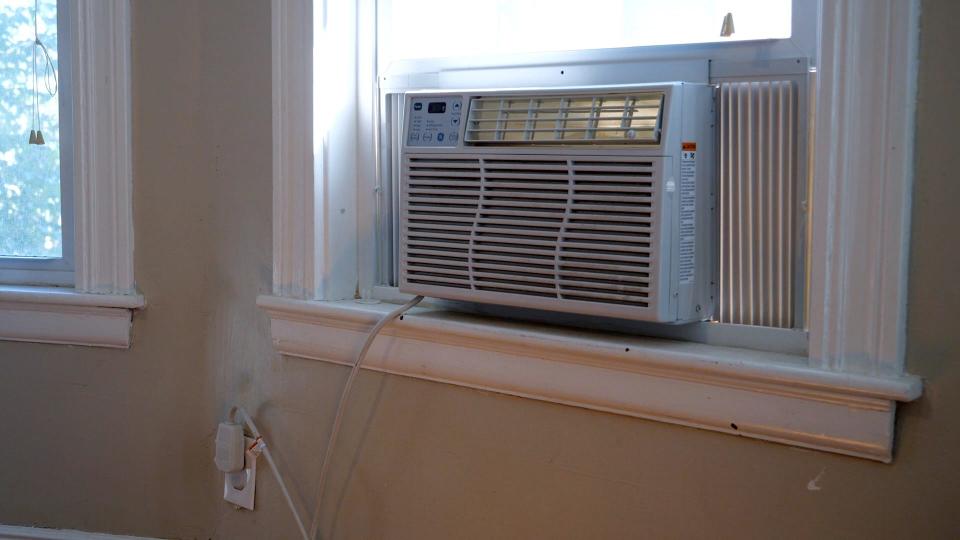How to keep electric bills down when the temperature goes up
Last week, Vermont experienced its first heat wave of the summer, with a sweltering six consecutive days of temperatures at or above 90 degrees, according to the National Weather Service. When the temperatures get uncomfortably hot, is the higher electric bill worth getting relief from air conditions?
Vermont isn't a traditionally hot place. The average high temperature in Vermont is 81 degrees for July, according to the 2022 U.S. Climate Data. For seven months out of the year, the average monthly highs highs remain below 60 degrees.
However, the state is getting hotter. According to a 2021 UVM Climate Change Assessment, the annual average temperature in Vermont has increased by nearly 2 degrees since 1900.
In a state where the weather remains cool for the majority of the year, Vermonters can save money by first turning to smaller tricks to beat the heat before buying an expensive air cooling system that will drive up utility bills.

The U.S. Department of Energy notes that heat works within homes in three ways: conduction, convention, and radiation. To keep a residence cool in the face of intense heat, reducing these three methods of heat travel is key. The U.S. Department of Energy suggests looking to the infrastructure of the building itself to keep homes cool.
Replacing older windows with new ones which are coated to protect against infrared radiation limit heat from entering the home. Additionally, proper insulation and heat-reflecting roofs will prevent a lot of heat conduction in the home, according to the U.S. Department of Energy.
Vermonters can turn to cold-climate heat pumps during heat waves as well. These heat pumps, despite the name, actually function as air conditioning systems. When it's hot, the pumps remove heat from indoors to outside the house, according to Efficiency Vermont.
Heat pumps work well with the Vermont climate because it uses less energy than a traditional air conditioning unit, which may appeal to Vermonters who want to keep cool during a heat wave but don't want to spend a large amount of money.
When thinking about getting air conditioning, keep in mind that the newer the unit, the more efficient it is likely to be and the less it will affect your electric bill. The energy efficiency of air conditioning units themselves can be calculated using the Seasonal Energy Efficiency Ratio, or SEER, according to the Air-Conditioning, Heating, and Refrigeration Institute.
SEER measures the energy efficiency of air cooling systems, and when the ratio is higher, less work is need from the cooling system which saves money, according to the institute. An air conditioning technician can calculate this ratio.
Vermonters can take advantage of home batteries through Green Mountain Power. In a July 26 press release, the company stated that their home batteries, which store energy for the residents, "helped reduce about $1.2 million in costs for customers while cutting power demand during the intense heat."
Two of these solar batteries can power a home during a power outage, and can collect and store energy for whenever its needed. The batteries allow people to share the stored power when the grid is experiencing peak usage. Additionally, the batteries prevent the company from having to buy more energy off the power grid during last week's heat wave, according to the utility.
Kate O'Farrell is a reporter with the Burlington Free Press. You can contact her at KOFarrell@freepressmedia.com.
This article originally appeared on Burlington Free Press: How to be energy efficient in Vermont when a heat wave hits

